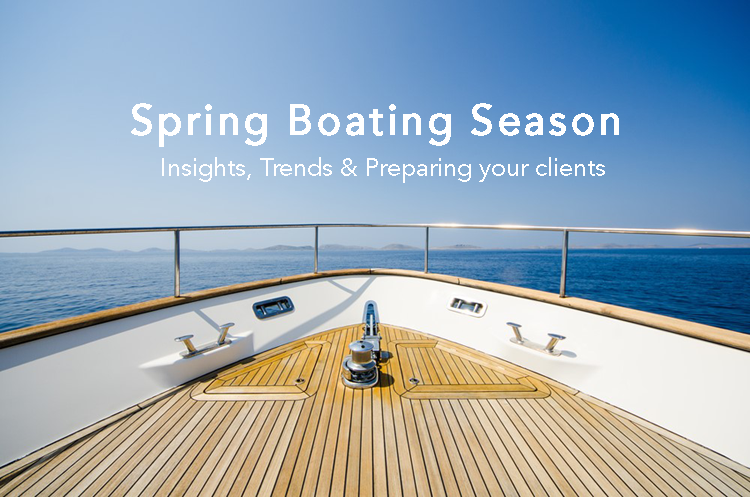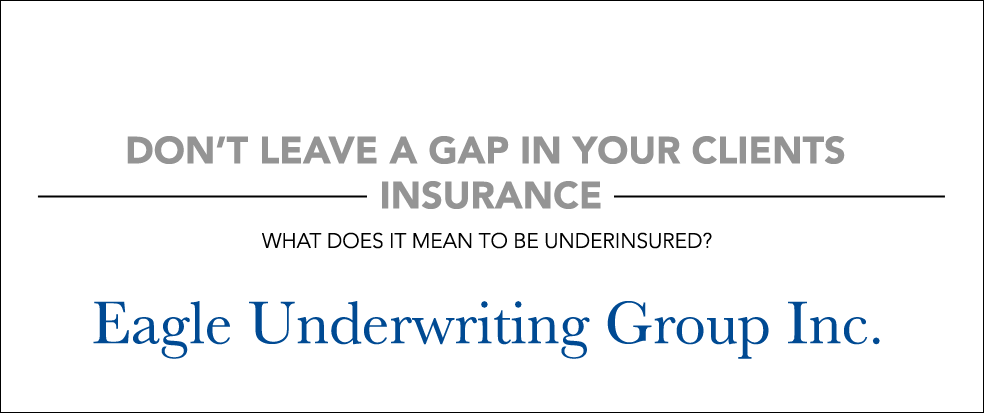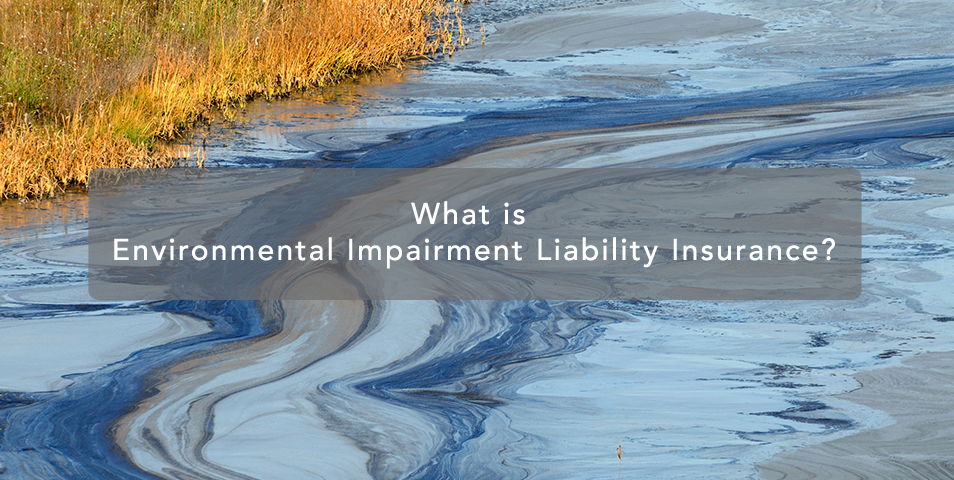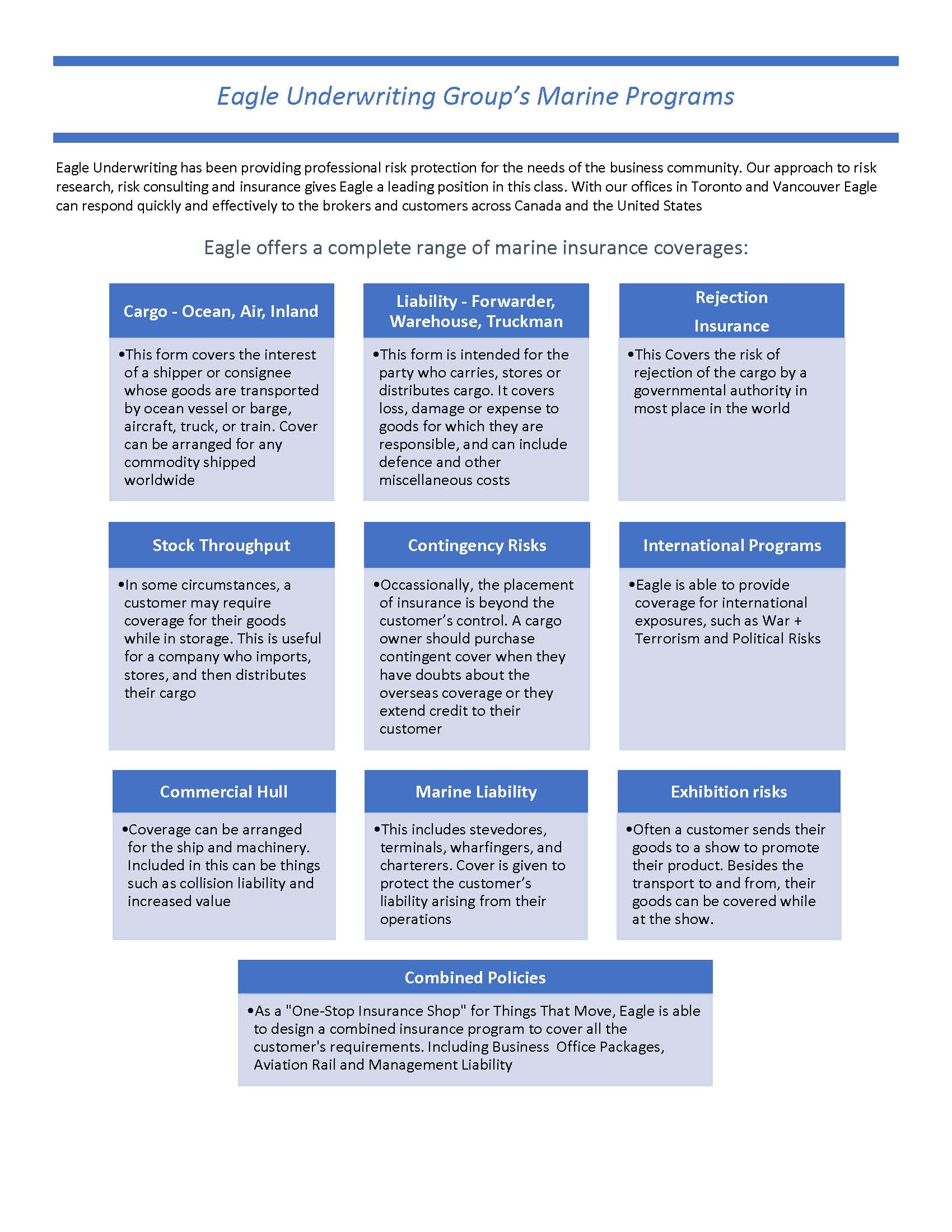According to the National Marine Manufacturers Association (NMMA) last year marked the sixth consecutive year of growth in new boat sales and recreational boating expenditures. That growth is also expected to continue through 2018 and possibly beyond, as some of that growth may be coming from boaters who lost their vessels during the 2017 cold bomb cyclone and hurricanes; Harvey and Irma. As the spring boating season rapidly approaches, you can expect an increase in new boats entering the market. Agents and brokers should be on the lookout for a variety of new opportunities.
4 Industry Insights
Insight #1: Recreational boats can cross into the commercial insurance world.
There can be some confusion surrounding personally-owned recreational boats that may sporadically be used for business purposes. For example, some clients will utilize their pleasure crafts for entertaining clients, leaving a potential business exposure.
Insight #2: Boat owner experience matters.
At Eagle we confirm and review an owner or captain’s motor vehicle history during the application process. This provides us with a good portrayal as to how your client will navigate the pleasure craft. A clean record will help save your client money.
Insight #3: Covering recreational marine can increase a broker’s or agent’s book of business.
When seasoned boat owners discuss insurance, it generates a lot of referral business. On top of that, brokers who are able to take care of a client’s boat will often cover the rest of their insurance needs.
Insight #4: Deductibles are swelling.
Deductibles are increasing and this is true all across North America and not just on the coasts.
2018 Boating Trends
- Family boats are one-way boat manufacturers are attracting new and younger customers. Versatile family-friendly vessels offer boat buyers an all-in-one package that allows them to go cruising, fishing and do watersports.
- Bigger and better boats are growing in popularity, as boaters are looking to spend more time out on the water, cruising, entertaining and just relaxing. Bigger boats provide more amenities to boaters looking for an upgrade.
- Customizable options are trending, especially with seasoned boaters who are particular about the features of their watercraft. Tailor-made boats are a hot item at boat shows.
- New technology on personal boats is definitely something to look out for. Digital dashboards on boats can connect all of the systems together in one easy-to-navigate system. This new technology may also come with some risks that insurance agents should be ready for.
- First-time boaters are making a splash on the industry as well, typically buying smaller, simpler, easy-to-navigate vessels.
Preparing Your Clients for the Upcoming Boating Season
Regardless of whether your clients are new or seasoned boaters, it’s always helpful to reach out to them prior to the start of the season to share tips and get them ready to hit the water. Here are a few ways you can help your clients prepare for the upcoming boating season:
- Send out a checklist of maintenance steps that boaters should do before their first trip of the season. Include tips like; replacing or topping off oil and fluids, having the engine checked and/or tuned up, checking the integrity of all of the belts and hoses, checking the water and bilge pumps, ensuring all electronics systems are working properly and re-familiarizing themselves with navigation and safety equipment.
- Familiarize clients with weather preparedness tips. In the event that extreme weather is expected, agents can prepare boaters by helping them create an emergency plan for securing their vessels is possible.
- Last but definitely not least…
- Remind boaters to review their policies, especially if they have made upgrades to their boats or added additional watersport accessories to their collection.



